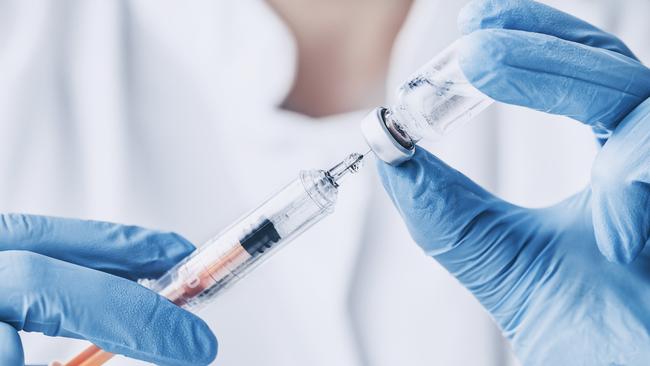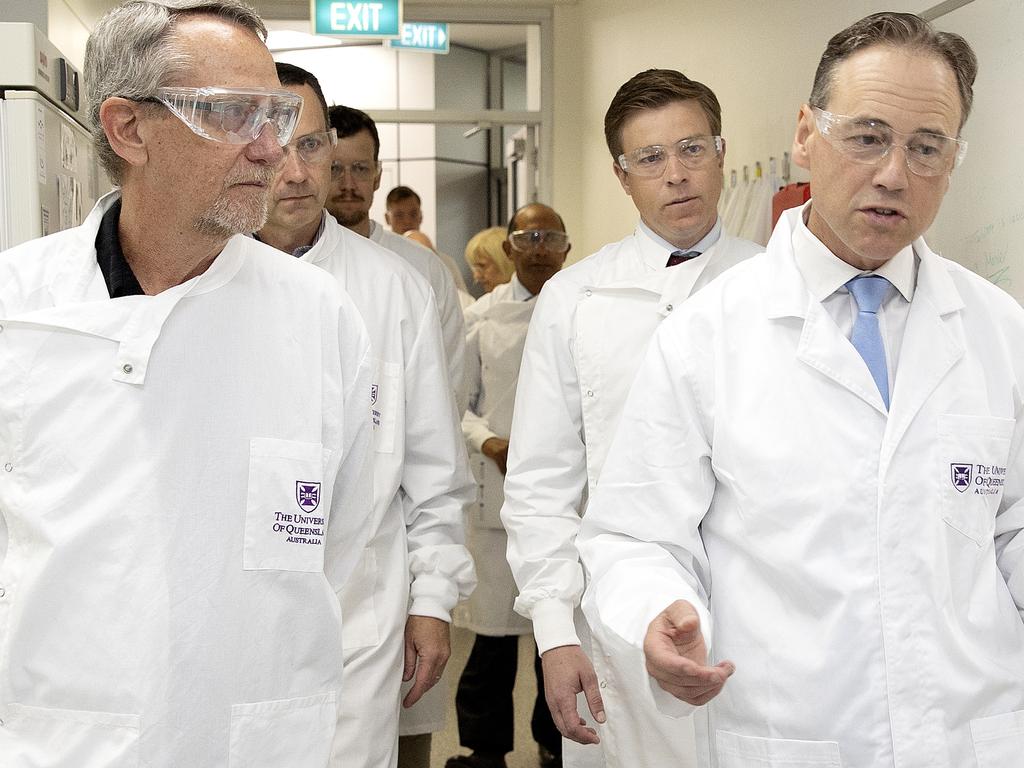Coronavirus: identifying the leading superspreaders ‘crucial to halting pandemic’
A specific class of ‘superspreaders’ should be top of the queue for any COVID-19 vaccine once the most vulnerable groups have been treated, a new study argues.

A specific class of “superspreaders” should be top of the queue for any COVID-19 vaccine once the most vulnerable groups have been treated and we already have the means to identify them, a new study argues.
Using data collected from 600,000 people using social network app Momo, a team led by Macquarie University computer scientist Bernard Mans argues the most effective way of putting a brake on potential outbreaks is by identifying people who have been the most mobile, and come in contact with the most people.
“It’s impossible to really, truly record who you meet all the time without enormous means, but also there are privacy issues,” Professor Mans said. “And with the indirect contacts, you can’t know the people you have been indirectly in contact with by entering the lift after them.”
He said analysing QR codes and other sign-in data for people who have been in multiple locations could identify this class of superspreader.

The study by Macquarie University, Queensland University of Technology and CSIRO’s Data 61 and published in the journal PLOS One used 2012 data collected in Shanghai and Beijing, which tracked 56 million location visits by Momo users who came within 20 metres of each other.
They analysed the anonymous data with a view to preventing the spread of influenza or any disease with indirect transmission, but Professor Mans argues it is equally relevant to the current pandemic. In their modelling they allocated influenza to a proportion of people and checked how fast it would spread depending on how many visits they made.
“The lesson for me is that registering your location all the time when you visit places is really important. Not only so you can be contacted if somebody was sick, but to actually allow us to understand how big is your chance of becoming a super spreader.”
The researchers devised a six-class system ranging from Class I, that would include people who stay at home, visit local shops and have contact with up to five people, to Class 6, those most likely to include superspreaders, who visit many, or highly populated public places, such as airports, universities and stadiums and had been in direct or indirect contact with more than 100 people.
Professor Mans said such a method would be preferable to what he called a “random” approach where “whoever wants to get vaccinated, gets vaccinated” along with “two or three people that they believe maybe they’ve been in contact with”.
“That is quite a poor strategy,” he said.
He said apart from reducing the pandemic as quickly as possible, it was important to work out how to manage if the amount of vaccine immediately available was in limited supply.
“It could help in looking at how small is the set who need to be immediately vaccinated to get the biggest effect.”








To join the conversation, please log in. Don't have an account? Register
Join the conversation, you are commenting as Logout